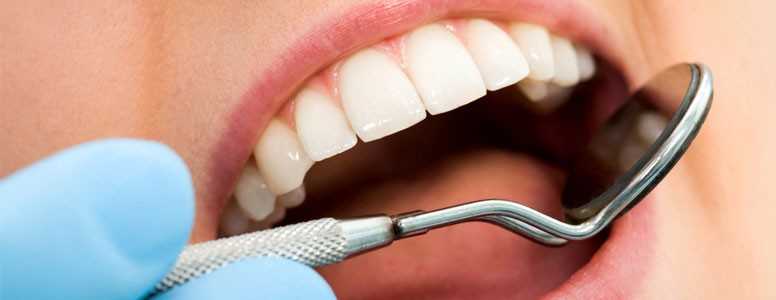New research suggests that treating gum disease may be a factor in lowering blood glucose levels for people with type 2 diabetes.
Healthy gums were also associated with lower risks of developing diabetes complications and with improvements in kidney and blood vessel function, according to the study by UCL Eastman Dental.
This latest study examined the oral health of 264 people with type 2 diabetes who had moderate to severe gum disease. They were split into two groups, with half receiving standard care comprising of teeth cleaning and polishing and the others receiving intensive treatment.
The participants who received the intensive treatment reported an average reduction in HbA1c of 7 mmol/mol (0.6%) after one year, compared to the group receiving normal care.
It was the first study to explore a link between the treatment of gum disease with kidney and blood vessel function improvements as well as chronic inflammation.
Principle investigator Professor Francesco D’Aiuto said: “Our findings suggest preventing and treating gum disease could potentially be a new and important way to help people with type 2 diabetes manage their condition and reduce their risk of its serious complications.
“The improvement in blood glucose control we observed, in people who received intensive treatment, is similar to the effect that’s seen when people with type 2 diabetes are prescribed a second blood glucose lowering drug. We now need to determine if the improvements we found can be maintained in the longer-term and if they apply to everyone with type 2 diabetes.”
One questio, which is hard for a start such as this to answer, is whether there were any significant dietary changes between the groups receiving standard or intensive care. It is not inconceivable that the group having more intensive care may have been more aware of their dental health and may have made some improvements, as a result, with regard to food choices.
However, whether improvements in diet played a role or not, the improved treatment still resulted in an improvement, which is significant to note.
People with type 2 diabetes are currently not offered care related to gum disease, known medically as periodontitis, as part of diabetes care, but a Commissioning Standard for dental health for people with type 2 diabetes or those at risk of the condition is being developed.
The study was published in The Lancet Diabetes and Endocrinology journal and was funded by Diabetes UK and the National Institute for Health Research (NIHR).
Working alongside British Society of Periodontology (BSP), Diabetes.co.uk last May published the results of a survey, which revealed that there was low awareness of the link between gum disease and diabetes. It was part of a drive to raise awareness of the issue.
What's new on the forum? ⭐️
Get our free newsletters
Stay up to date with the latest news, research and breakthroughs.






